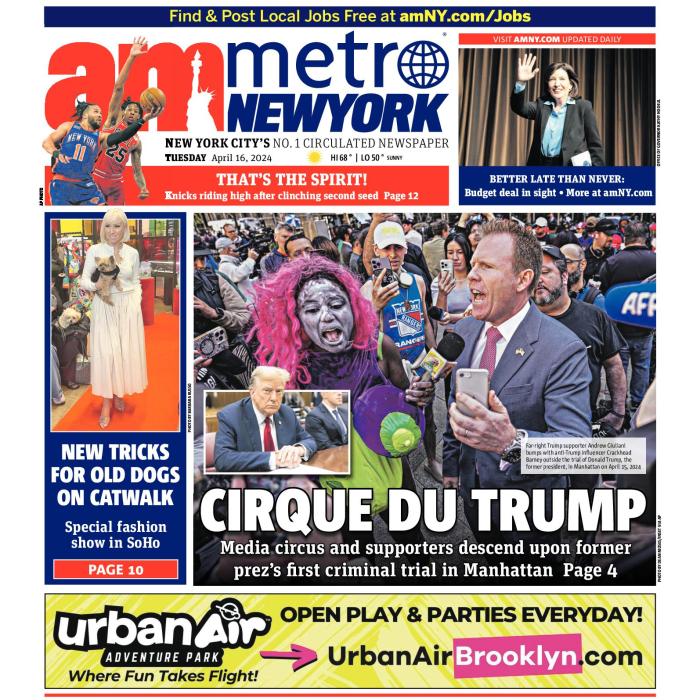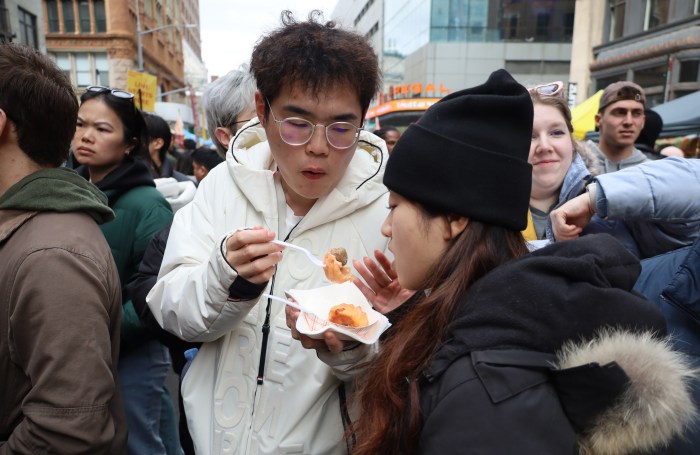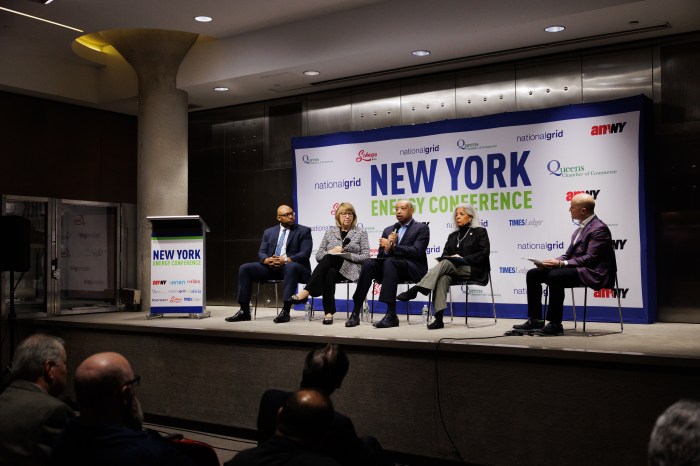For the first time, non-New Yorkers are paying a mandatory fee to get into The Metropolitan Museum of Art.
With a new admission policy that started March 1, anyone who lives outside of New York State must pay $25. Seniors must pay $17, and students pay $12.
To show proof of New York residence, the museum is accepting driver’s licenses, IDNYC, library cards and current bills (which can be shown electronically) with a state mailing address at its admissions desks.
Students from New Jersey and Connecticut can pay as they wish, and special exhibitions, guided tours and gallery talks are free with museum admission, according to the museum.
The tickets are good for three days of admission to The Met, the Met Breuer and the Cloisters.
The Metropolitan Museum of Art announced that it would do away with its pay-as-you-wish policy for most out-of-state visitors in January.
The Met estimates the new policy will affect 31 percent of its patrons.
Daniel H. Weiss, the Met’s CEO, said the city’s Department of Cultural Affairs then ensured that visitors would still be able to enjoy the museum’s full host of exhibits and shows.
When the Met enacted its pay-as-you-wish policy in 1970, it was one of the few major museums not to charge a mandatory fee. However, the average per-person contribution was between $9 and $16 — less than the full price.
Admissions was making up 14 percent of the museum’s more than $300 million budget, which was one of the lowest percentages among other museums in the city, according to museum officials.
In 2017, the city funded 10 percent of the museum’s annual $305 million budget. Funding could be cut by up to $3 million annually with the new revenue, the museum said.
The updated policy is just the latest major Met admissions change; in 2013, the museum made waves when it got rid of its iconic metal admissions tags, switching to paper tickets in a cost-saving move.
For more information on the admission policy, visit metmuseum.org.















